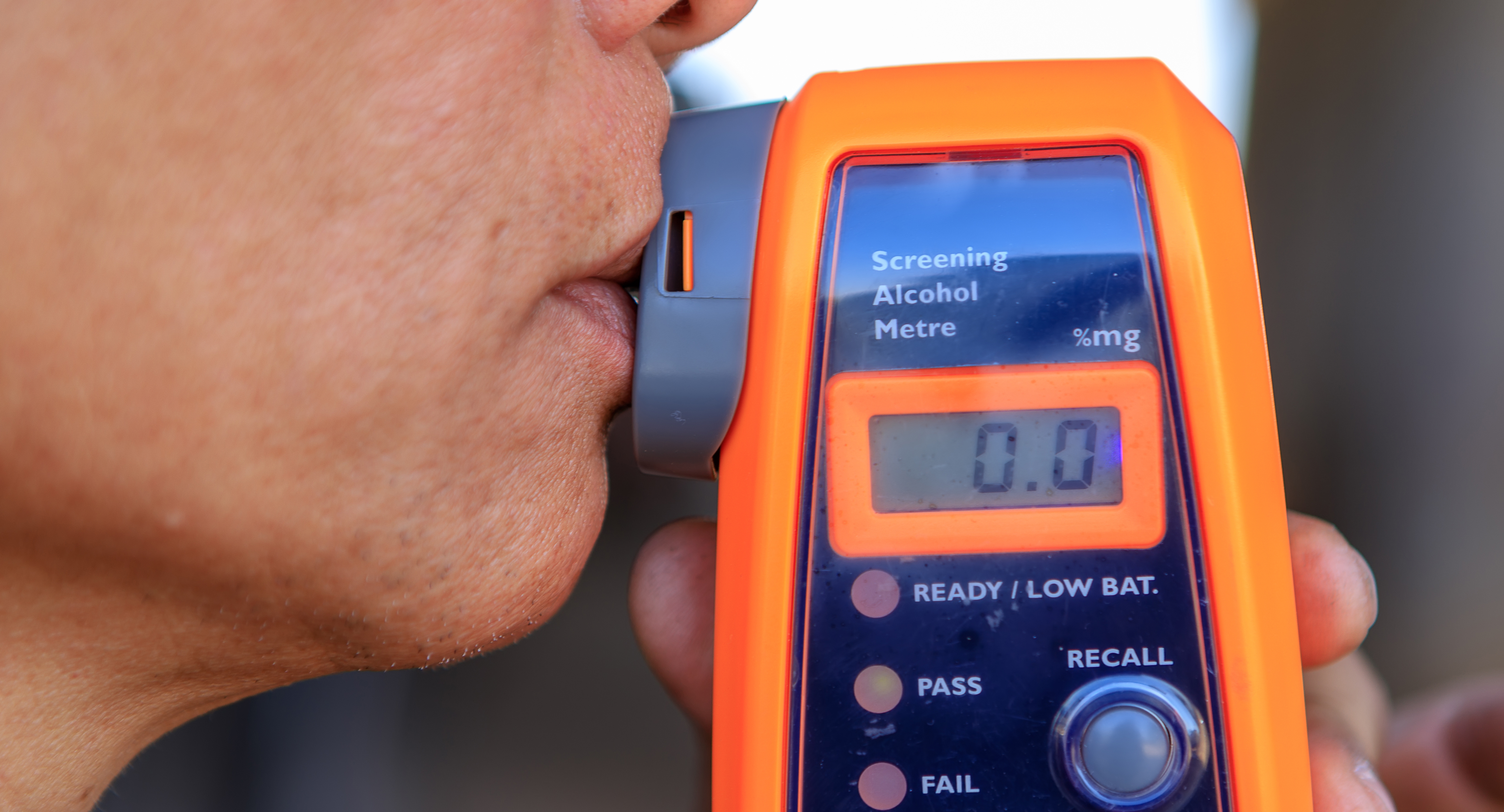- Cash bond means you deposit the full bail amount with the court — you will be reimbursed
- A personal bond means you’re released on your own recognizance and don’t have to deposit any money
- Bail bond companies offer surety bonds and charge a fee of 10% to 20% — you will not get that money back
Bail is what keeps you out of jail while your criminal case is pending. Many of our clients are unclear about the types of bail that are available after an arrest.
There are six options to post bail in Texas. Most common types are:
- Cash Bond
- Personal Recognizance bond
- Surety Bond
Less common types are:
- Cash Deposit Bond
- Property Bond
- Attorney Bond (very uncommon)
Cash bail is simple, but many people don’t have enough savings to cover the entire bail amount in a lump sum.
Bail bonds solve that problem, but how do they work? And will you get that money back?
Bail vs. Bond: What’s the difference?
To be released on bail, someone — often not the defendant — must pay the court. This ensures that the defendant has a reason to appear in court as scheduled without remaining in jail.
‘Bail’ and ‘bond’ are often used interchangeably, but they are not the same. Both allow a defendant to be released from custody, but a bond acts as a guarantee, while bail serves as a deposit. To post bail, a defendant pays a fixed amount upfront.
But not everyone has that kind of money available to hand over to a court for months — or even years. In that instance, a bond is a second option to post bail.
A bond is issued by a third party, typically a bond company. The bond company pays the bail on a defendant’s behalf. The bond company promises to pay the bail amount on the defendant’s behalf if they don’t appear in court or otherwise fail to meet the terms of their release from jail.
In exchange, the defendant must pay a service fee to the bond company. That fee is usually around 10% to 20% of the bail amount.
Let’s say you’re listening to a news story about an arrest:
- If the report says the suspect was released on bail, that typically means they paid the total amount in a lump sum.
- If they were released on bond, it means they acquired a bond (most likely a surety bond from a bail bond company, but it could be one of the less common types of bond). It means that they paid a portion of the bond amount as a fee, and in exchange, the entity issuing the bond posts the full bail amount so they can be released.
- If it says they were released on personal recognizance, it means they did not have to pay any money at all to be released. But they must adhere to specific conditions.
READ MORE: Bond vs. bail in Texas
Common Types of Bail and Bail Bonds
These are the three most common types of bail and bail bonds:
Cash Bond
This is a straightforward type of bail in which you pay the specified amount for your release.
For example, if your bail is set at $500, you deposit the full amount with the court, where it is held to ensure that you will appear on your scheduled court date.
When your case is resolved, you will be reimbursed the total amount minus any court fees, even if you’re convicted.
Surety Bond
The most popular form of bail in Texas, a surety bond is a kind of loan obtained through a third party. Most likely, it will be provided by a licensed bond agency or bondsman, though there are a few other options that we’ll explain later.
In exchange, you’ll pay them a fee for the service. For example, if your bail is set at $5,000, you would have to pay a fee ranging from $500 to $1,000. That money will not be refunded.
Bond agencies may also demand additional collateral since they must pay the full bail amount if you fail to appear as promised.
If you miss your court appearance, you will be responsible for repaying the debt incurred by the bondsman. A bounty hunter may track you down and return you to the authorities.
READ MORE: Understanding bond fees
Personal Recognizance (or ROR Bail)
If a judge believes that you aren’t a threat to society, you will be released on what’s known as a Personal Recognizance bond. It is also commonly called a personal bond and can be referred to as ROR (released on recognizance). However, unlike with all of the other types of bonds, no money will change hands.
That doesn’t mean you’re completely in the clear, though. There are also typically conditions attached to personal bonds. These vary by county. You will need to report to a personal bond associate who will charge a service fee to monitor you as you await trial.
If you violate the terms of personal recognizance, you will be required to post the full bail amount.
READ MORE: Understanding personal bonds
Less Common Types of Bonds
These three types of bonds are technically available but aren’t nearly as common as the first three options.
Cash Deposit Bond
In Texas, cash deposit bonds are only offered only in Harris and Travis counties. With this type of bond, the county collects a cash deposit — usually about 10% of the total bond amount. In this case, the county essentially acts as a bail bondsman. To be eligible for this, you must work directly with an attorney.
Property Bond
These are typically negotiated directly with a bail bond company. When a defendant (or their family) doesn’t have access to the required money to post bail, they can opt for a property bond. A home belonging to the defendant or a family member serves as collateral.
You must pay for a home appraisal, which in Texas has an average cost of $425 to $650. Homes must be appraised for at least 150% of the bond total, and a lien will be placed on your property.
Attorney Bonds
Attorney bonds are only allowed in some Texas counties. They are similar to surety bonds, but in this case, your attorney collects a fee — often 10% — and the attorney pays for their client’s release.
At Michael & Associates, we don’t offer attorney bonds. We believe that when a lawyer is both a client’s attorney and bondsman, there is an obvious conflict of interest. You need to be able to fully confide in your attorney.
If your lawyer also serves as your bail bondsman, they will have to split their priorities between your case and their money and it could potentially affect your defense. We want your charges to be our top priority.
How are Bail Amounts Set?
Bail is typically set by a magistrate judge within 48 hours of your arrest. This process is called magistration.
Judges and magistrates have guidelines to follow, but there’s no way to guarantee what your bail amount could be. It will depend on the judge and jurisdiction.
Some jails have preset bail schedules for common offenses. This allows defendants to post bail directly from custody without the need for a court hearing.
The severity of your charges and whether the judge believes you’ll be a flight risk will be factors in setting your bail. However, the U.S. Constitution prohibits “excessive” bail.
If your bail amount seems unfair or you cannot afford it, we will request a reduction.
2021 Bail Reform in Texas
In 2021, the Texas Legislature passed Senate Bill 6 (also known as the Damon Allen Act), which significantly reformed the state’s bail process. Under the new law, Texas magistrates are provided information on a defendant’s criminal history and any required bond conditions.
In some instances, the law prohibits the release of a defendant on personal recognizance. The new law also increased the educational requirements for magistrates.
The code provides a list of what is considered by law as “offenses involving violence.” They include, but are not limited to:
- Murder
- Kidnapping
- People trafficking
- Sexual assault
- Injury to a child, elderly individual, or disabled person
- Compelling prostitution
If a defendant in Texas is facing charges for the above offenses (or any other offense “involving violence”), they may not be released on personal recognizance.
READ MORE: How much is bail for a DWI in Texas
How Can I Find a Bail Bond Company?
The number of bail bond companies in Texas can feel overwhelming, especially if you live in a major city. Many of them are shady, using predatory tactics to increase the amount of money you have to pay them.
These guys are almost as bad as payday lenders. They know you’re desperate, and they take full advantage of your situation.
Many charge a fee if you need to use a credit card. Others will set you up with a payment plan and charge excessive interest rates, and others use shifty tactics to get your bond revoked. This means new charges will be filed against you, and you’ll have to seek another bail bond — at a higher price.
Don’t risk paying thousands of dollars to a shady company. Ask your attorney for recommendations. We regularly work with bail bond companies and can help clients navigate the bail process.
Will I Get My Bail Money Back?
One of the most common questions we get is whether clients will get their bail money back. This depends. If you pay in full directly to the courts, the chances of full reimbursement (aside from court fees) are high. However, you must appear for all mandated court dates.
If you work with a bail bondsman, there is no refund. The 10% to 20% that you pay is a fee charged by the bondsman in exchange for posting the full amount on your behalf.
More Commonly Asked Questions
What is ROR bail?
ROR stands for released on recognizance. It is a common acronym for personal bonds. The defendant will be released and no money will change hands. However, certain conditions will have to be met, or your personal bond will be revoked.
How Long Will It Take Until I Can Post Bail?
Bail isn’t an instant process. It is typically set within 48 hours of your arrest. The length of time depends on how busy the court is.
The total you should expect to pay will depend on the circumstances of the case.
You will not be released from police custody until you’ve either paid the full amount or posted a bail bond.
Expect it to take up to two hours to obtain a bail bond. You will have to provide background information, including:
- Employment status
- Criminal history
- References
The bail bond company must ensure that you’re eligible for a surety bond. They will assess various factors, including flight risk and your previous criminal record.
After that, you will have to pay the fee, and the bail bondsman may require collateral. The bail bond company will then send documentation to the court.
From there, it could take another 2 to 8 hours for release, depending on the court.




